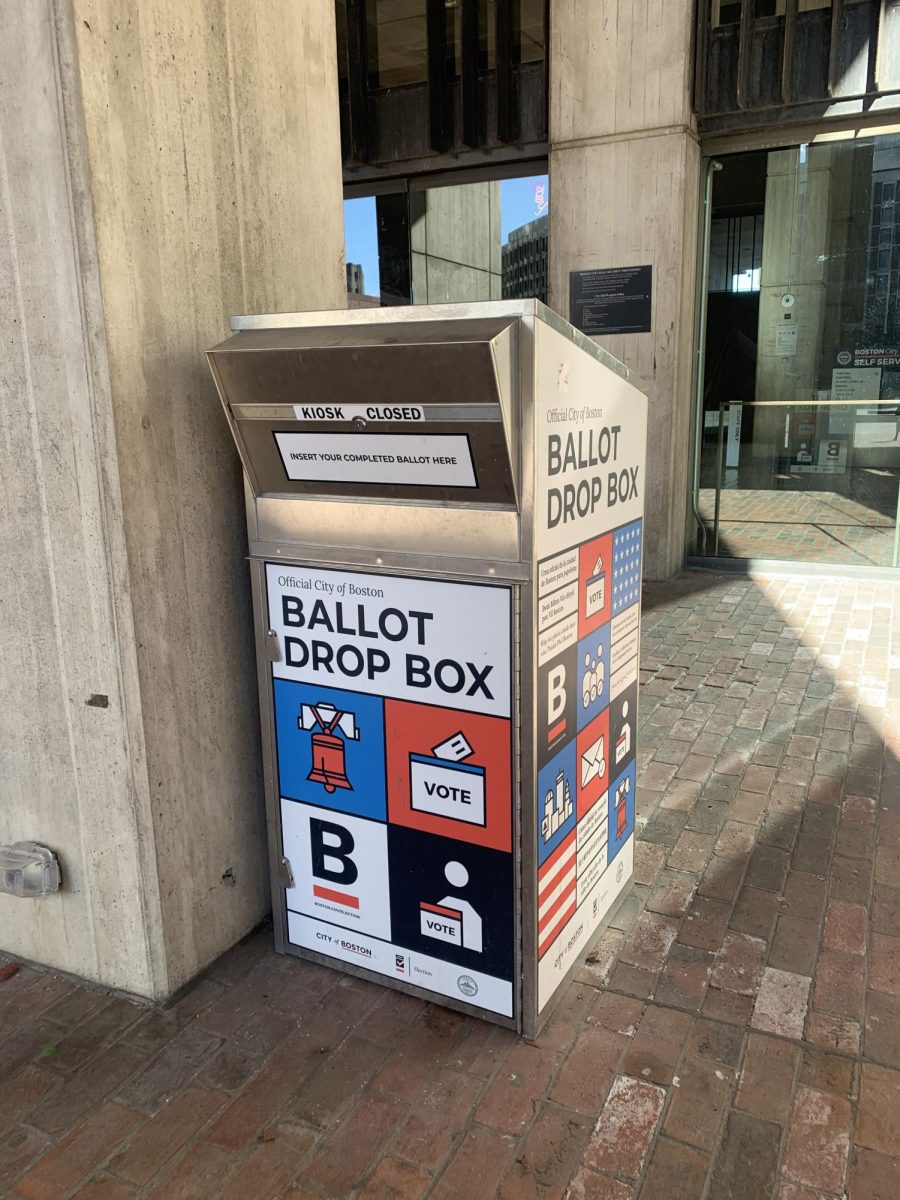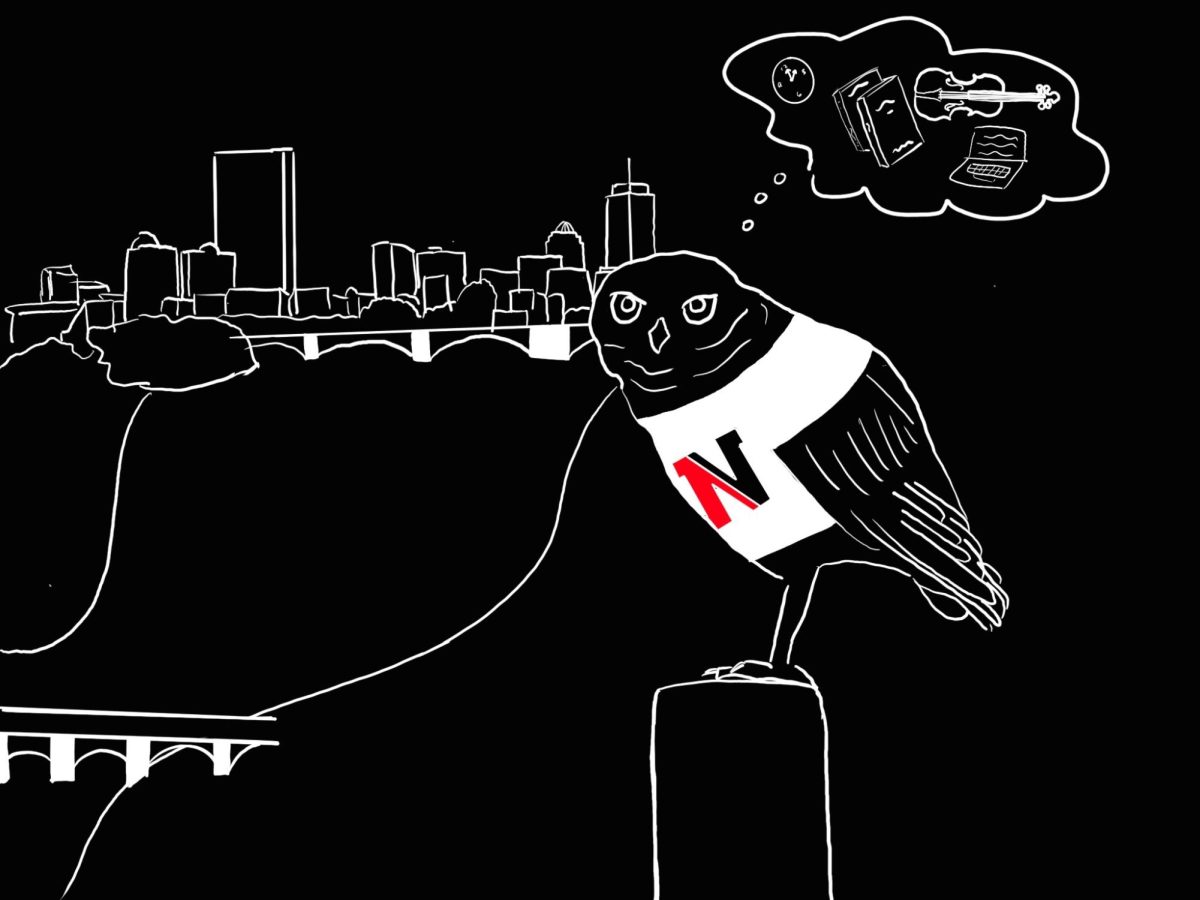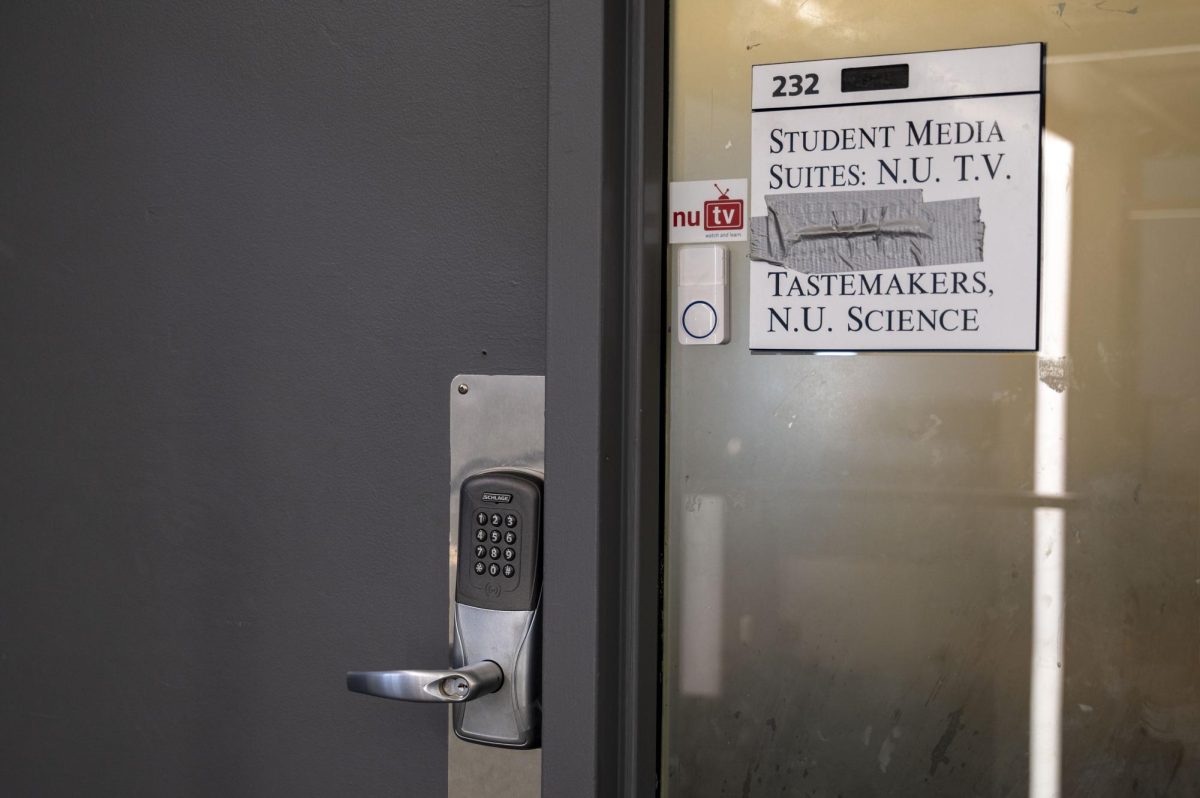By Molly Tankersley
Call us late bloomers, but I think millennials are finally learning to share. We are doing it by not only taking part in but also embodying the ideals of the “sharing economy,” a socio-economic system constructed around the sharing of resources. Also known as “collaborative consumption” or the “peer economy,” the sharing economy uses technology to enable people to access items or services through their peers, rather than large companies.
It’s a simple concept: share things so that we need less. Peer-to-peer sharing promotes a sense of community amongst strangers, creates wider access to resources at better prices and battles over consumption with the mantra that “access trumps ownership.”
 Renting driveways for parking spots while they’re not in use? Great. Staying in a stranger’s beautiful home for the weekend to avoid hotels? The sharing economy lets you do that. You can borrow or lend anything from pet care services to musical instruments, all from the ease of your iPhone screen, and millions of strangers are doing it.
Renting driveways for parking spots while they’re not in use? Great. Staying in a stranger’s beautiful home for the weekend to avoid hotels? The sharing economy lets you do that. You can borrow or lend anything from pet care services to musical instruments, all from the ease of your iPhone screen, and millions of strangers are doing it.
The sharing economy functions through a network of apps that allow people to rent their belongings, space or time to others. Connecting people with the services and items they need on a peer-to-peer level means additional sources of income for the providers and cheaper, more efficient goods for the consumer. The surprising economic success has big corporations turning their heads.
The cofounders of Airbnb, a room rental service that allows people to share their homes for profit, are about to become the movement’s first billionaires. But they are not the only ones getting a slice of the pie, as Forbes estimates that $3.5 billion in revenue will be padding people’s wallets this year.
With its escalating popularity pioneered by success story companies like Airbnb and Uber (an app that connects self-employed drivers with passengers), the sharing economy is rapidly disrupting traditional industries. Evolving and picking up speed as it goes, the model is appearing faster than we can plan for or regulate.
Rightly so, this has a lot of people shaking in their boots about what it may mean for jobs, taxable revenue, security and other existing institutions. Sharing services are finding that the legal gray area they exist in is closing, and many are already facing bans, fines and court battles.
Car sharing services like Lyft, Uber and Sidecar have been issued steep fines in California for “operating as passenger carriers without evidence of public liability and property damage insurance coverage and engaging employee-drivers without evidence of workers’ compensation insurance,” according to The Economist.
Airbnb is battling to alter city codes that render a significant portion of their 300,000 listings around the world illegal. Rentals of 30 days or less are currently illegal, even in San Francisco, Airbnb’s home base.
Without addressing the issues that inevitably arise from disrupting the norm, our dream of a shared future could look a lot more like a disaster. Disputes over accountability, workers at risk without the protection of employment laws and a loss of taxable revenue are just a few examples of how the ugly side of the sharing economy may show itself.
But while there is much to be addressed, there is also a lot to be gained. Through technology, every aspect of our lives can become more efficient. Suddenly your house moonlights as a bed and breakfast for new friends and your produce is fresh and local from the overproducing home garden down the street.
The sharing economy has a long way to come. In the mean time, I’ll be Googling how to get someone to rent me their dog for the weekend.
Photo courtesy Creative Commons and Molly Tankersley.













